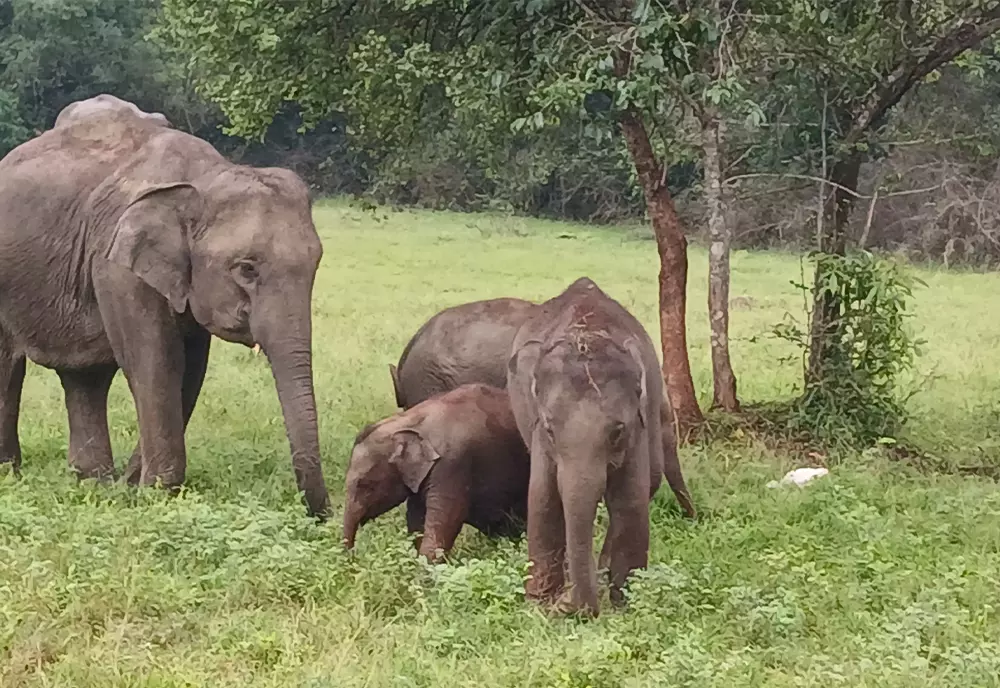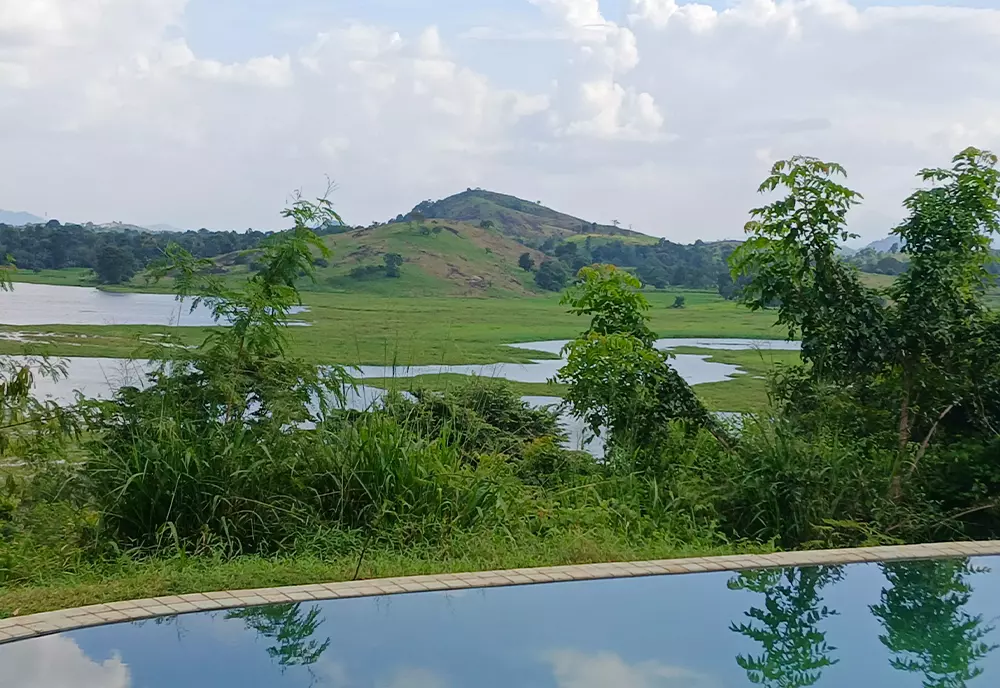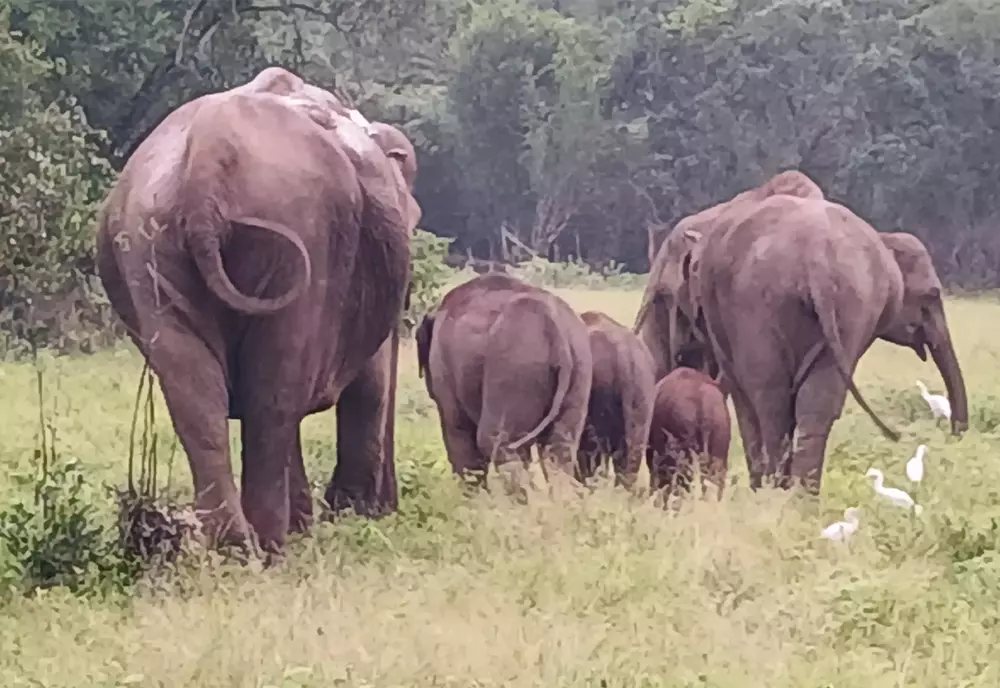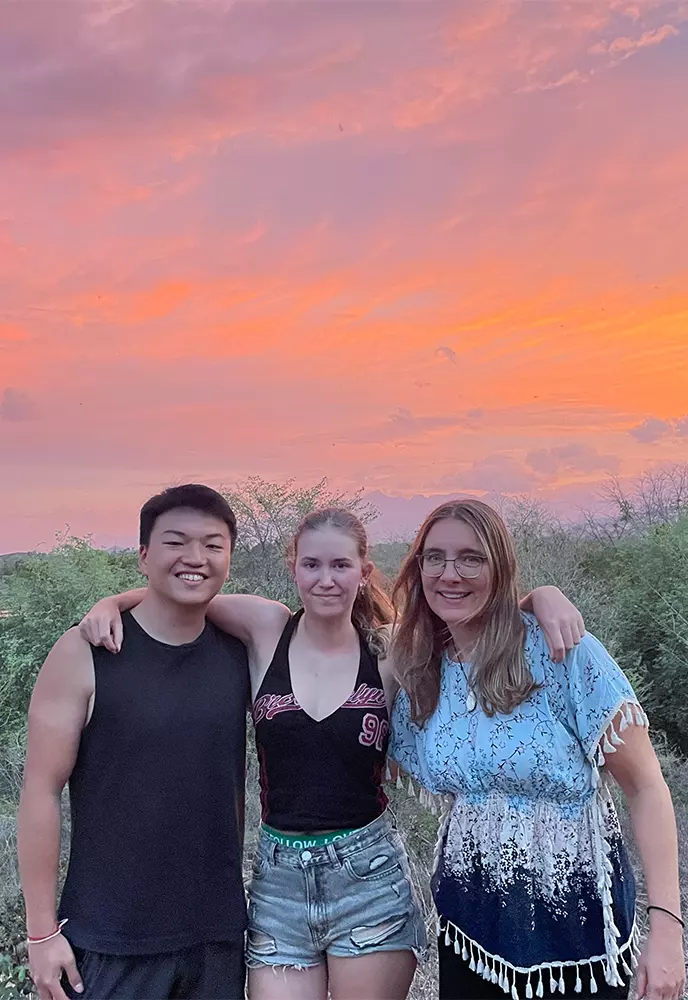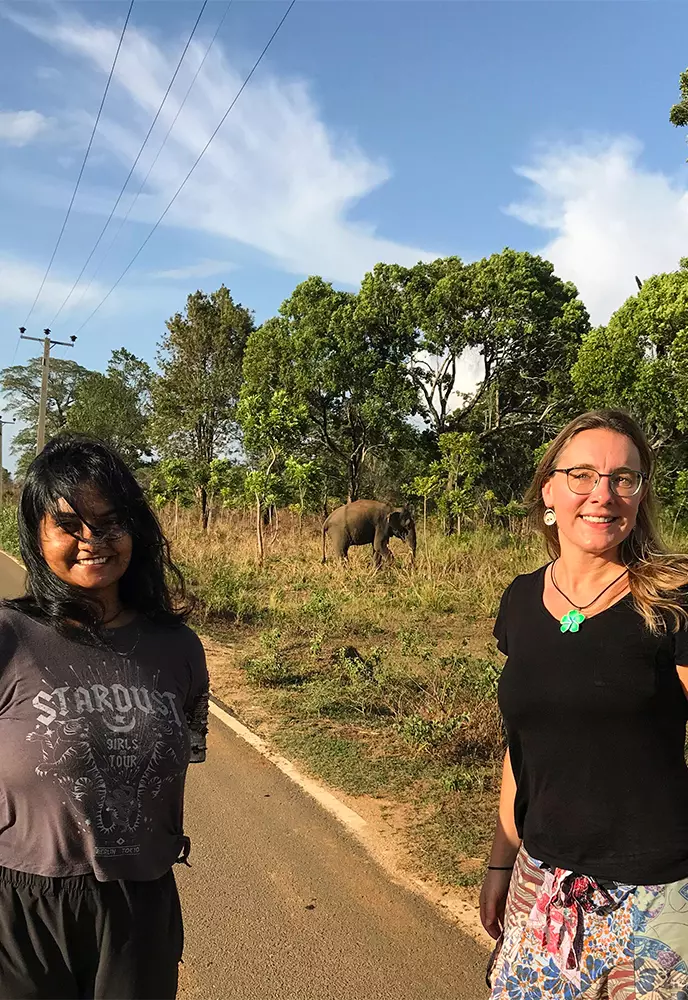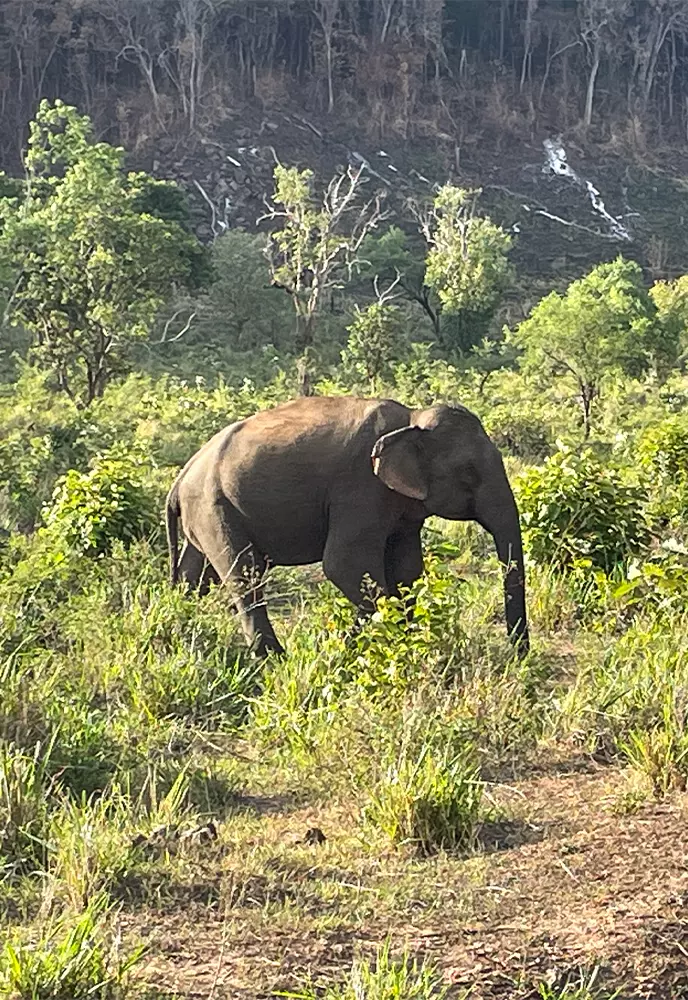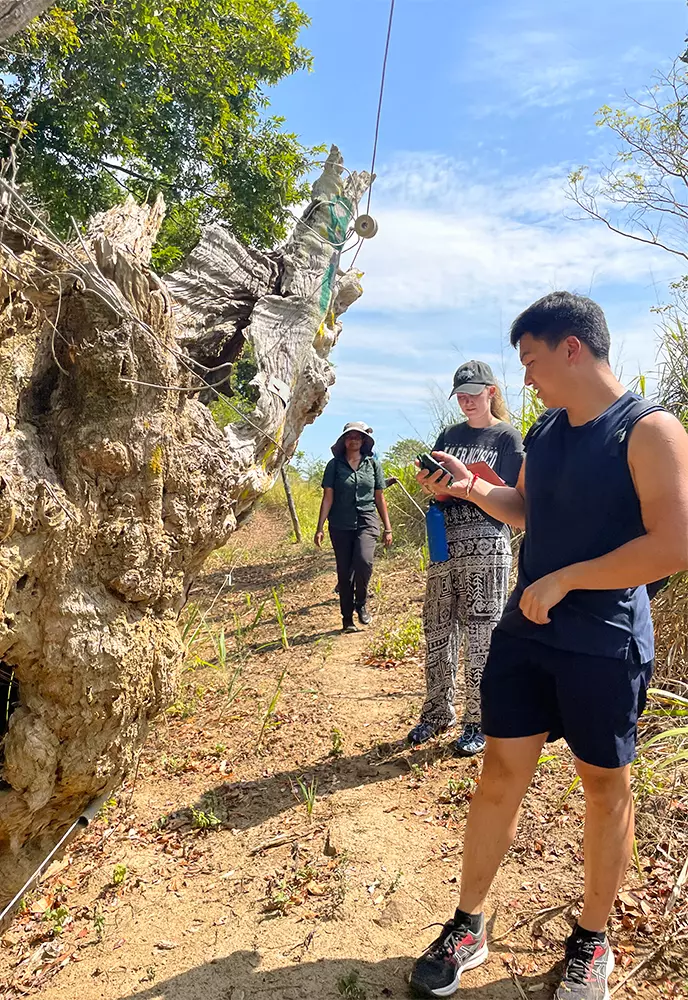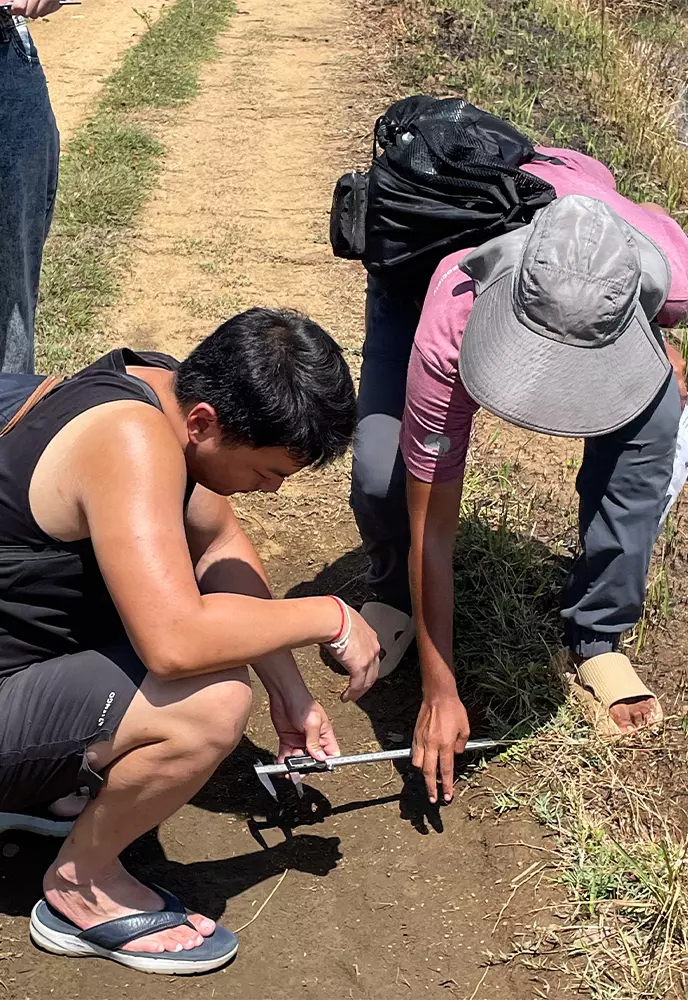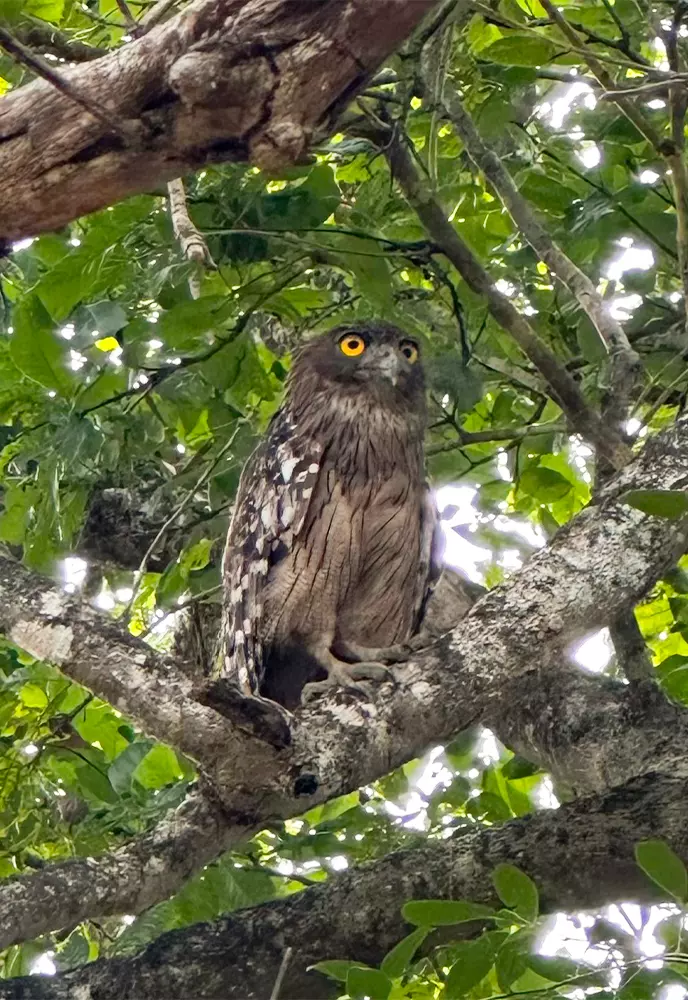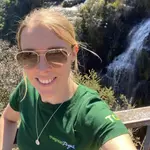

The Great Elephant Project
Encounter the beautiful Asiatic elephant deep within the heart of the Sri Lankan jungle!
Speak To A Travel Expert
Activities
The following are some of the activities you may get involved in while volunteering with elephants in Wasgamuwa. You may not take part in all of these activities as they are dependent on the requirements of the project at the time you are volunteering and also on your length of stay. Looking to volunteer as a family? Take a look at The Great Elephant Project - Family Programme.
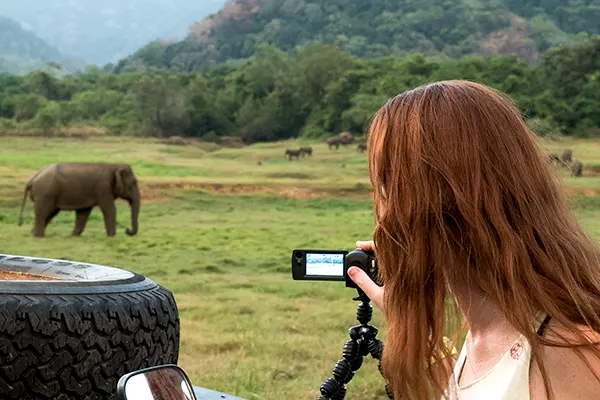
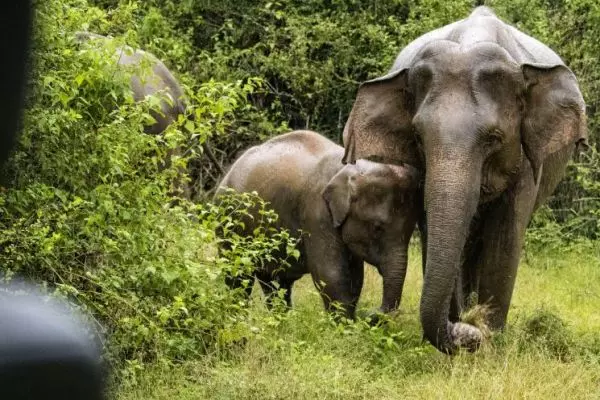
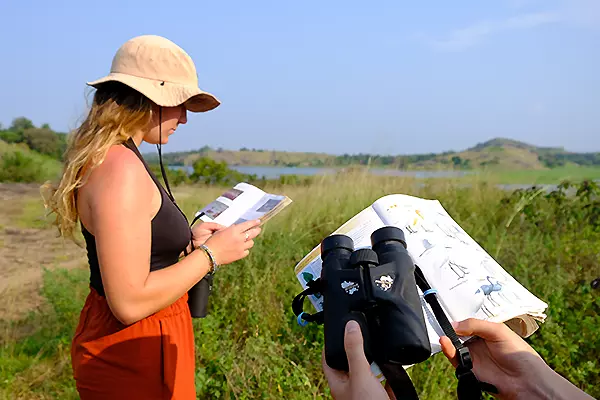
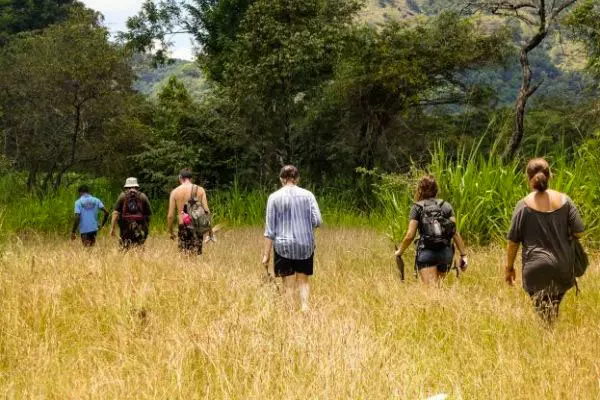
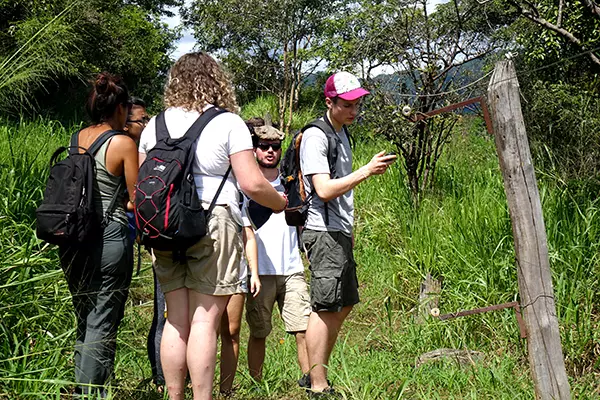
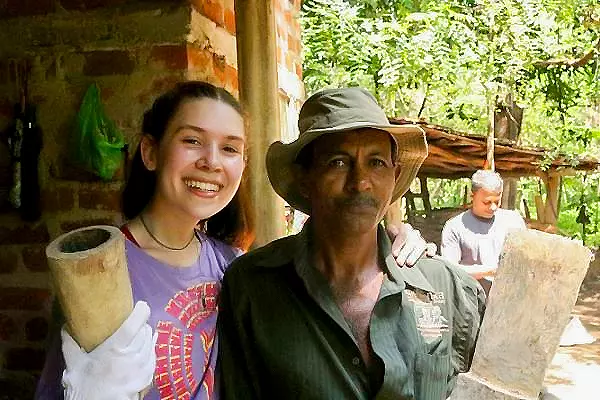
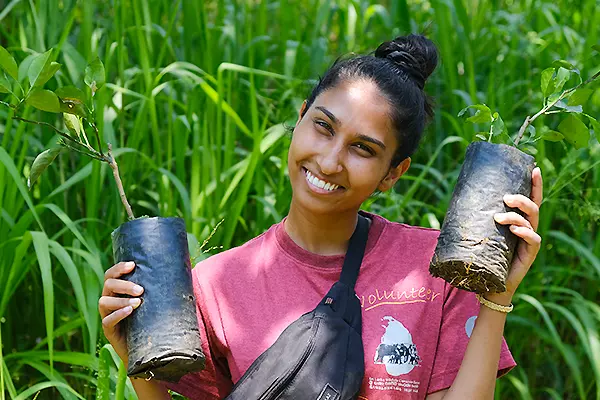
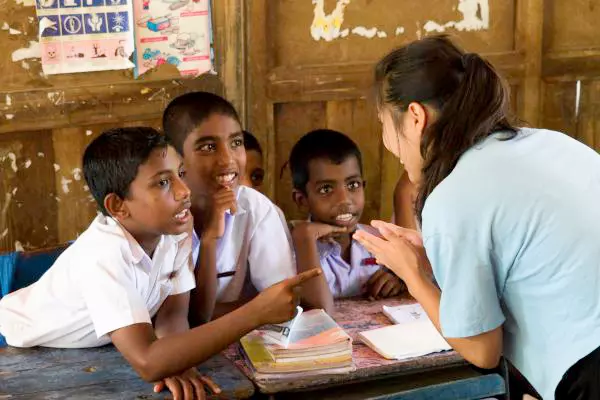
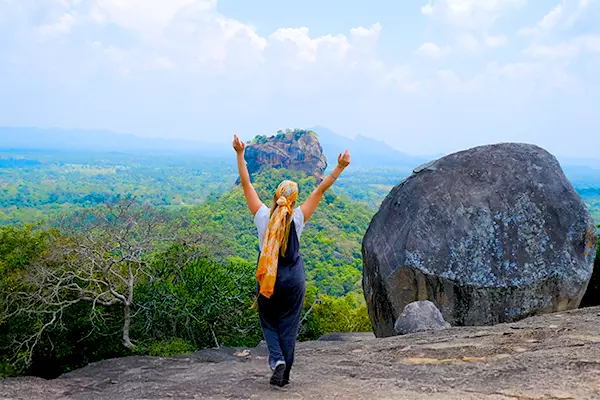
Itinerary
The itinerary below is an example of a two-week stay at The Great Elephant Project and is subject to change. Please be advised that although we are able to offer an 8-night option, a minimum duration of 15 nights is recommended for a more in-depth experience. If you take part for only 8 nights, there is no guarantee that you will be involved in all the activities listed.
Durations & Prices
Accommodation
Volunteer Accommodation
Whilst on the project, you will stay in a rustic field house which can accommodate up to 30 people. The accommodation is basic yet authentic, offering views of the surrounding area through partitioned walls and a high roof. The design of the house is ideal for Sri Lanka’s climate, allowing air to pass through and keep the building cool, whilst still keeping you sheltered in the event of rain.
There are several rooms which are shared amongst volunteers on a same-sex basis, with enough bunk-beds in each room to accommodate between 8-16 volunteers at a time. Rooms are complete with electric fans, mosquito nets, pillows and clean bed sheets, while the bathrooms, which are also split by gender, have western-style toilets and cold showers. The water pipes are exposed to the sun during the day, so showers may at times run warm, but please do not arrive with this expectation.
Accommodation Upgrade
If you're looking for a little extra luxury during your stay, there is an option to upgrade to a nearby modern hotel. This hotel offers stunning views, a pristine swimming pool, and spacious rooms. You have the option to choose a single room at an additional cost of $567 per week or a double room at $615 per week. All rooms have river views, are air-conditioned, feature ensuite bathrooms, and have access to free Wi-Fi. A member of the project staff will provide daily pick-up and drop-off services. If you're interested in upgrading, please reach out to the travel team.
Meals & Beverages
Three fresh meals are provided on each day of the project and are prepared by members of staff who live in nearby villages. Food is prepared in the local style, using a range of spices, but if you would prefer a little less heat there is always a plain option available. Most meals will be vegetarian, consisting of rice, bread and dhal, while fish and chicken dinners are available once or twice per week. Fruit is also available and you will find British-style tea and ground coffee here too. A kettle, toaster and fridge-freezer will be available for you to store extra snacks and drinks in. (Please note, while alcohol is not permitted during the working week, you are welcome to purchase alcoholic beverages from the local shop or liquor store to enjoy on a Friday or Saturday evening.)
Project Details
When Is The Best Time To Volunteer?
While elephant and other wildlife sightings, and all volunteer activities occur year-round, there are a few factors that may guide your choice of which month to travel.
November to March sees the bird migration period, so those who wish to spot some of Sri Lanka’s incredible bird species may wish to volunteer then. If it’s culture you’re after, then April to September is an excellent time to visit due to the Sinhala New Year taking place (April) and two of the largest Buddhist festivals, the Wesak and Poson festivals, happening in May. The Esala Perahera (the Temple of the Tooth celebration festival) falls in August and can be observed in nearby Kandy.
As for the weather, the most pleasant months fall between January and May, with January being the coolest month of the year and April the warmest. There are two annual monsoons in Sri Lanka, with the Yala monsoon bringing rains between May and August, though this is mostly in the southwest of Sri Lanka. The Maha monsoon falls between October and November and affects most of Sri Lanka, with October being the wettest month of all. That said, volunteer activities will take place come rain or shine, and some fantastic sightings still take place during the monsoon season.
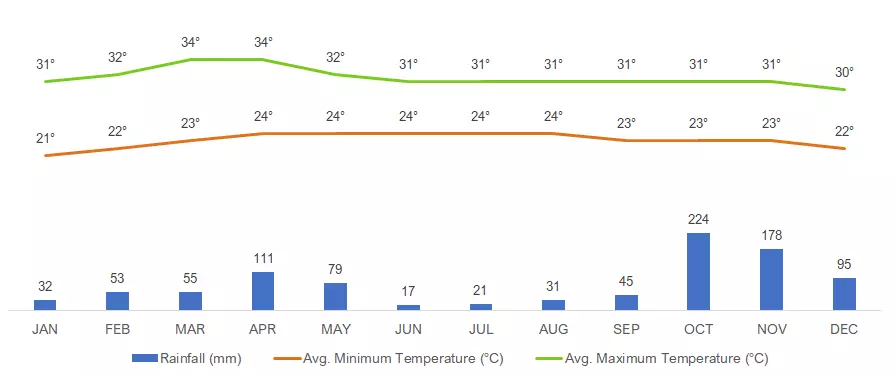
Getting There
You will need to arrive in Colombo on a Sunday, where you'll be met at the airport and transferred to a hotel in Ambepussa where you'll spend your first night. The following morning (Monday) you will be met at your hotel at 6am by a member of the team and be transferred by a private vehicle to the project site. Please note, departure transfer is not included but can be arranged for an additional fee.
Visa Requirements
All visitors to Sri Lanka require a visa. Short-stay visas of up to thirty days can be obtained online via the Electronic Travel Authority, and can be extended for up to three months at the Department of Immigration and Emigration in Sri Lanka. Please note, your passport must be valid for at least six months from the date you arrive into Sri Lanka.
Fitness & Skills
This project does not involve much in the way of physical labour, but you will usually be working in fairly humid conditions. Therefore, all volunteers should have a basic level of fitness when taking part. No specific skills or experience are required, just commitment to the project and its aims. You must be prepared to work alongside other members of the team, and to bring an upbeat, positive attitude to the endeavour as a whole.
Vaccinations
There are no specific vaccinations required to join this project; therefore, we recommend consulting your GP/doctor or a travel clinic and following their advice on vaccinations for travel. You can also find helpful advice and information on the Travel Health Pro website.
Videos
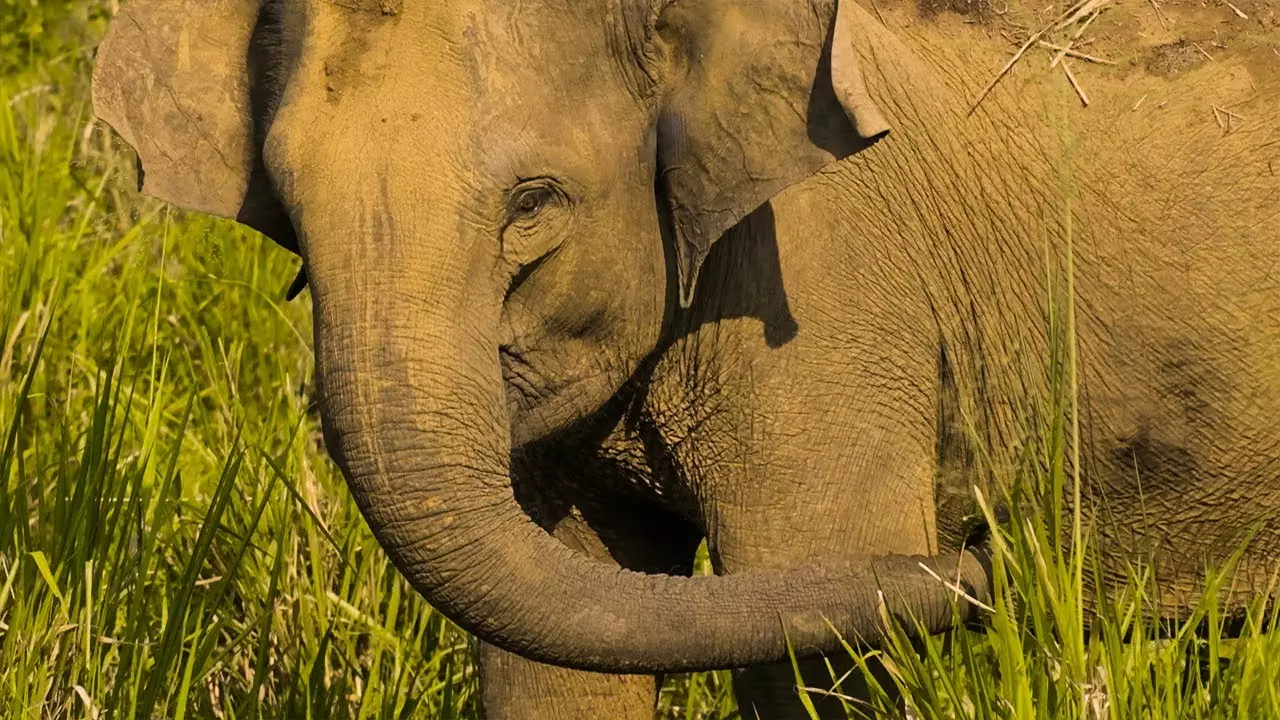
Discover The Great Elephant Project
See what your life as a volunteer could be like at The Great Elephant Project in Sri Lanka - A project that works closely with Asian elephants and the local farming community to reduce human-animal conflict around the wildlife-rich Wasgamuwa National Park.
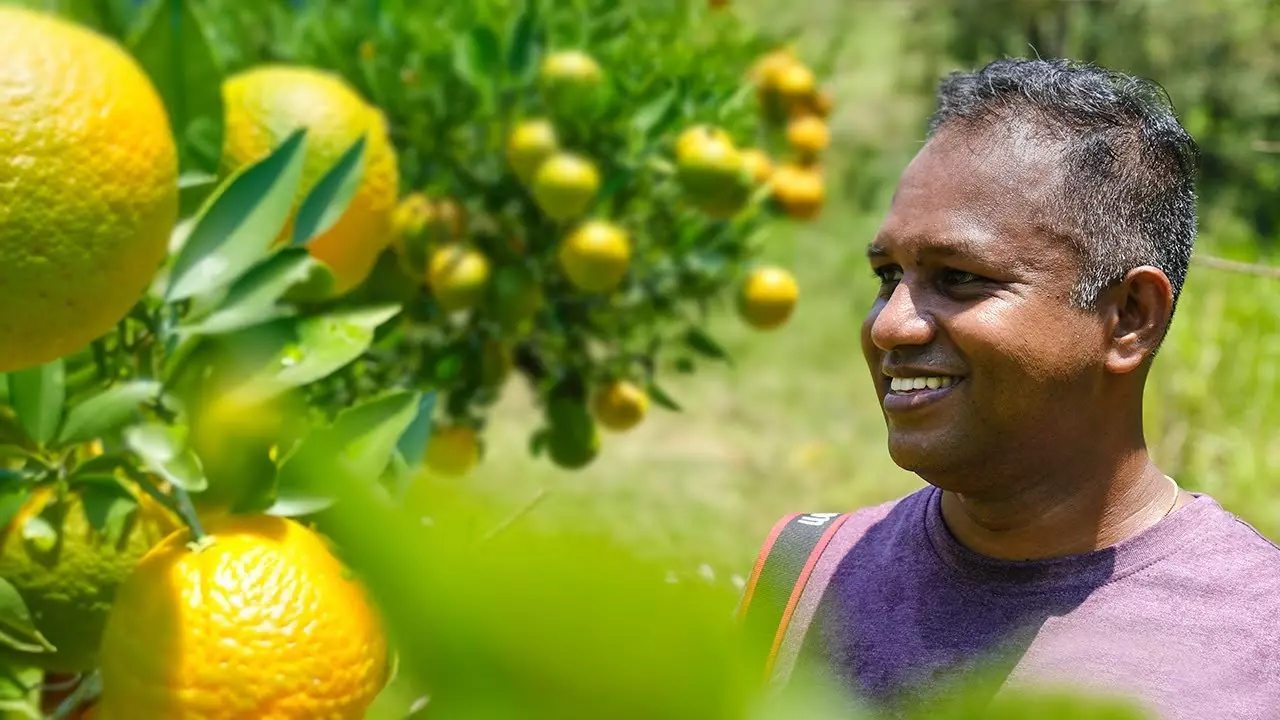
Project Orange - Tackling human-elephant conflict
Operations Manager of The Great Elephant Project, Chinthaka, explains how volunteers actively contribute to mitigating human-elephant conflict in Sri Lanka and support local communities through the cultivation of orange trees.
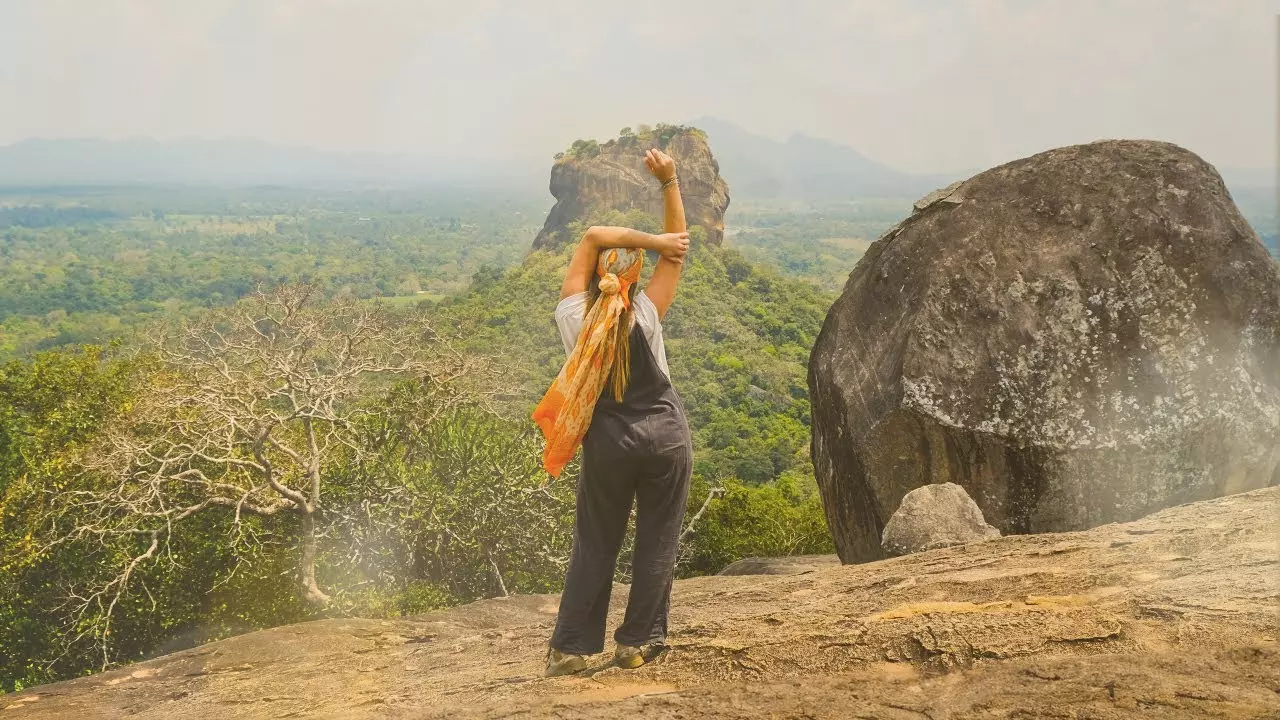
Weekends at The Great Elephant Project
With weekends free, you can explore iconic landmarks in the cultural triangle including Sigiriya Lion Rock, Pidurangala, and the Dambulla Cave Temple.
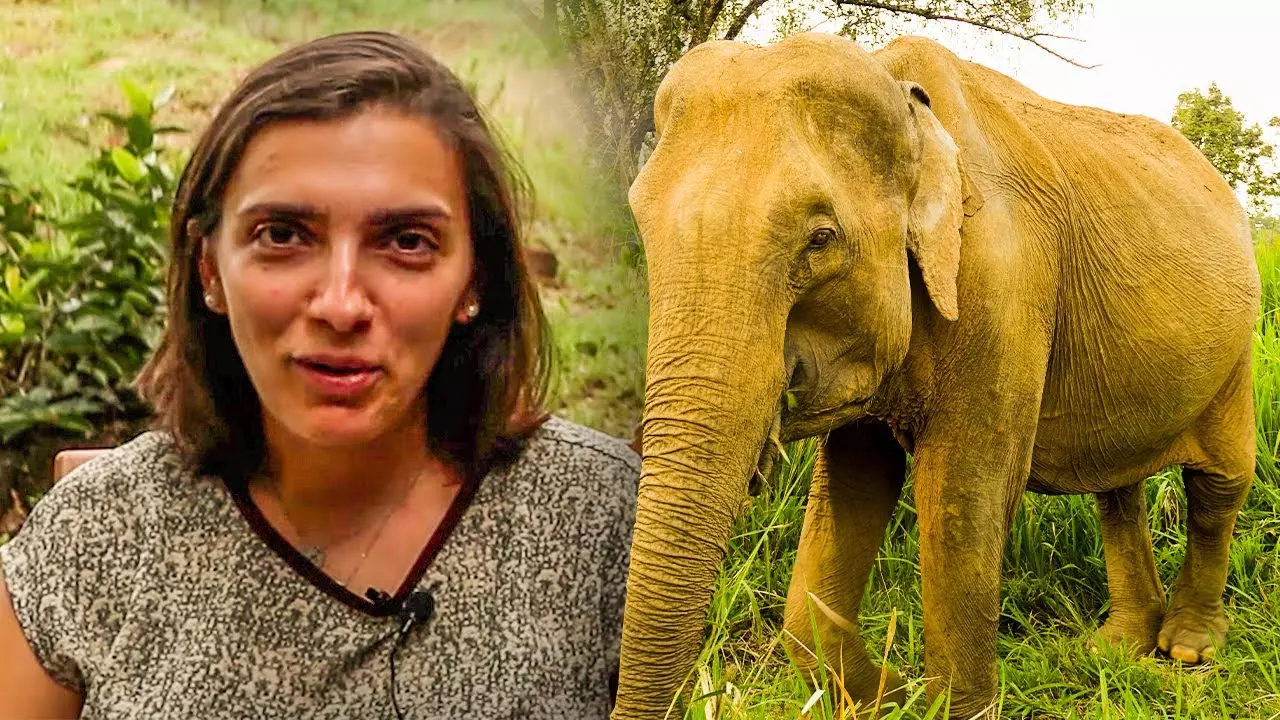
Filipa's Experience Of The Great Elephant Project!
Check out how Filipa found her experience of volunteering on The Great Elephant Project! From wild elephants to lifelong friends, see it all here.
Gallery
Reviews
The Great Elephant Project was quite different to my previous volunteering experiences, and I loved it! As well as observing Elephants, we did butterfly surveys, bird nest surveys and fence monitoring. We also talked to the local people about living in close proximity to Elephants. It gave me a brief glimpse into life in this remote part of Sri Lanka. The Field House was much more comfortable than I expected. The dormitories have three-quarter walls so air can circulate and you wake to the sounds of bird song and monks chanting. The bathrooms are inside the building (so no scary night trips to the loo) and the showers have recently been up graded, you can have a warm shower any time of day. The very best bit about Field House was the food. Three ladies cook amazing traditional Sri Lankan food, be sure to try the beetroot curry, pumpkin curry and sweet and sour aubergines. I had a wonderful 3 weeks and I am hoping to return soon.
I arrived after a Cyclone had just crashed through the area. 112 bridges damaged, roads and rails up, landslides and no power. The team joining me from Australia cancelled so i was on my own. 10 hour road journey from Columbo trying to find open roads and bridges did not stop us from arriving. Ravina and her team were brilliant and nothing daunted them. Chezer was the man who kept the house on track. providing candles, preparing food with his ladies, making sure we were all ok. A top man. We got out working every morning, helping the local farmers and doing surveys and then later watching for Elephants. The whole experience was a massive adventure and left a mark on me forever. My dealings with the beautiful local people was humbling and a great personal pleasure. What an amazing project run by dedicated and conscientious young people for a brilliant cause. Well done to them and i cannot thank them enough for showing me the way. Loved it. Bob Chamberlain North Wales
This adventure taught me an incredible amount, especially about data collection to help animals in the wildlife sanctuary and how to resolve the human elephant conflict. The guide, Ravina, was knowledgeable, patient and empathetic. Her excitement about observing elephants never waned. She explained every step of our mission and answered all questions thoroughly and with a smile. The food that was served at the volunteer house was abundant and delicious, the other volunteers amiable and the location was truly in the wilderness and exemplified the lifestyle of a typical farmer in Sri Lanka. I opted to stay in the hotel nearby for an extra sum and was truly satisfied with the decision because I come from a cooler climate and the scorching days left me dizzy, so going to a hotel with AC made for a truly comfortable experience. Sri Lanka and the project will remain a positive and eye opening experience for me and I recommend the trip to anyone who wants to learn the ins and outs of how to preserve wildlife conservation and resolve the human elephant conflict.
What's Included
- Accommodation
- Arrival airport transfer and accommodation in Ambepussa
- Transfer from Ambepussa to the project site
- Three meals per day
- Full orientation and support from the project managers
- A contribution to the project
What's Not Included
- Flights
- Travel Insurance
- Departure airport transfer





































